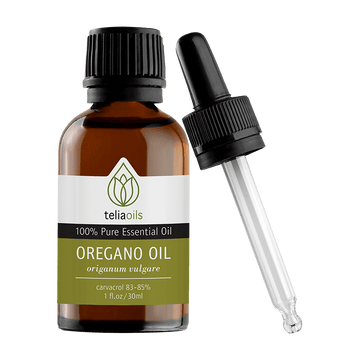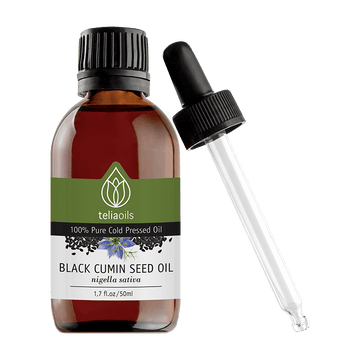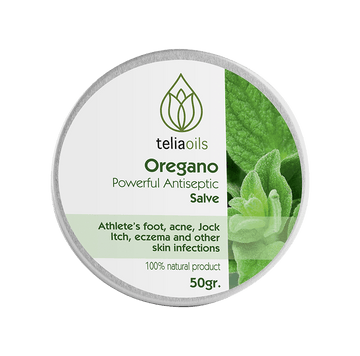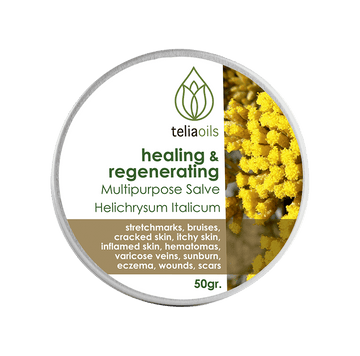Tea Tree's Touch: Enhancing Cognitive Performance through Nature's Gift
by Dimitris Zikos on Jan 05, 2024

Tea tree oil, derived from the leaves of the Melaleuca alternifolia plant, is often celebrated for its antiseptic and anti-inflammatory properties. However, recent studies have begun to explore a lesser-known aspect of this essential oil: its potential benefits to cognitive performance. In this exploration, we'll look into ways tea tree oil might influence mental functions such as memory, concentration, and overall brain health.
Tea Tree and Cognitive Functioning: A Refreshing Connection
Enhancing Mental Clarity and Alertness
Tea tree oil's invigorating scent is more than just pleasing to the olfactory senses. Some studies suggest that the inhalation of tea tree oil can enhance mental clarity and alertness. Its stimulating properties may help clear the mind, making it an appealing choice for those seeking focus in study or work environments.
Reducing Stress and Anxiety
The calming properties of tea tree oil may contribute to stress reduction and anxiety management. Stress and anxiety can impede cognitive functions, and by alleviating these mental burdens, tea tree oil might indirectly foster better concentration, decision-making, and creative thinking.
Supporting Sleep Quality
Insufficient sleep can significantly impair cognitive performance. Tea tree oil, with its soothing properties, may aid in improving sleep quality. Better sleep can translate into enhanced cognitive abilities, such as improved memory, sharper focus, and quicker problem-solving skills.
Tree's Influence on Memory
Aiding Memory Recall
The refreshing fragrance of tea tree oil may have a unique impact on memory functions. Some research has explored the idea that the scent of tea tree oil can aid in memory recall, particularly when the aroma is associated with specific learning contexts. This makes it a potentially interesting area for further study, especially in educational settings.
Protecting Against Cognitive Decline
Tea tree oil's antioxidant properties may also contribute to the protection of brain cells from oxidative damage. By combating free radicals that can harm neural tissue, tea tree oil could play a role in preserving memory functions and slowing cognitive decline.
Incorporating Tea Tree into Everyday Life
Utilizing tea tree oil in aromatherapy can be an easy and pleasant way to incorporate its potential cognitive benefits into daily life. Whether diffused in the home or office, its uplifting and calming effects can enhance the mental environment. Beyond diffusing, tea tree oil can be used topically or added to bath rituals for a rejuvenating experience that stimulates the mind and promotes relaxation.
Embracing Tea Tree for Cognitive Enhancement
Tea tree oil's potential role in enhancing cognitive performance represents an intriguing intersection between natural remedies and mental well-being. From invigorating the mind and reducing stress to supporting memory functions, the benefits of tea tree oil extend beyond its well-known topical applications.
As we continue to seek holistic approaches to cognitive wellness, tea tree oil may offer a refreshing and accessible path. Its potential to uplift the mind and soothe the soul invites us to explore further and embrace the essence of tea tree oil as a nurturing companion in our journey towards mental clarity and excellence.
Remember to consult with healthcare professionals to ensure that tea tree oil's use aligns with individual health needs, as it may not be suitable for everyone. Explore tea tree's potential with care, and let it become a fragrant part of your cognitive wellness routine.












